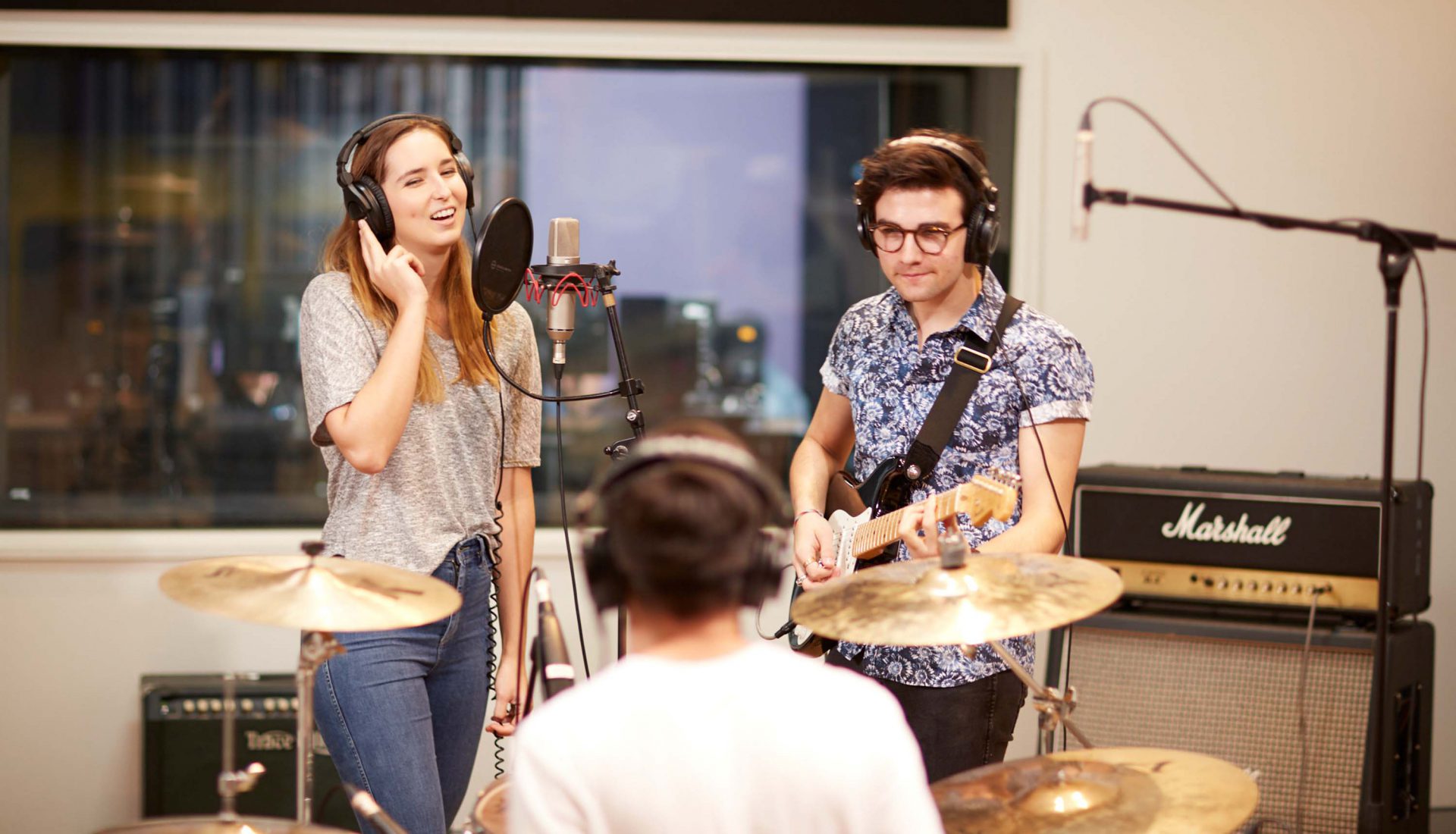Category
music_expertsGetting signed as an independent artist – is it for me?
The industry has dramatically changed, meaning that musicians no longer all need to focus on getting signed.
One of the main reasons to sign to a label is to have the funding behind you to promote your product and brand. However, with modern avenues of marketing such as social media, it may not be as hard to promote yourself as it was previously.
Head of JMC’s Music course in Melbourne, Chris Pickering argued that “Often one of the best ways of learning how the music industry works is to do as much of it yourself so you can get a multitude of experience across all aspects of the industry.
If you can be successful as an independent artist by building up your own fan base, then you are likely to be in much better control of your own artistry, and your output.
There are some deals out there that are good for artists to get, but don’t fall into the trap of thinking that getting signed is the be-all and end-all. There are many other avenues and routes to success out there.”
Doing it yourself can allow for more creative control of your music, marketing and can allow you to say yes or no to certain opportunities. Furthermore, any revenue you make, goes straight into your own pocket, although in turn, this would then have to be re-invested into your marketing.
However, with a label, it can allow you access to much more resources, and a larger network to build your audience and access strong opportunities. If you are not signed, you could spend a lot of time and money on marketing, networking and distribution, rather than putting that time into making more of your music, and ultimately doing the thing you love.
One way that many artists are now looking towards, is to build their brand and audience independently, and then when they are much more established, look to getting signed to help them expand further. That way, with an audience already behind you, it can help to get a stronger contract with a better label.
Having started the company without a clear plan, no formal training and being just 23 years old, I think I missed the memo of just how much you may have to compromise to be a business owner.
Chris went on to describe however that if you do get the opportunity to be signed by a record label, “In order to protect your own work from bad deals, make sure you have a lawyer look over everything put in front of you before you sign anything – especially if it is a publishing/recording/development deal.
Many people in the music business will try and get away with whatever they can, so be sure you know what rights you may be signing away, or what timeframe you may be locked into the deal for.”
There are pros and cons to DIY-ing, signing with an independent or a major label, it just depends on what would suit each individual artist.
At JMC Academy, Contemporary Music Performance students and Entertainment Business Management students are taught how to market, distribute and do all of the business aspects of the music industry to enable them to succeed independently as an artist.
However, they are also talked through the various contracts you could encounter to help choose the best contract for them if getting signed is the route they choose.
JMC Academy website – www.jmcacademy.edu.au
Photo credit – JMC Academy



